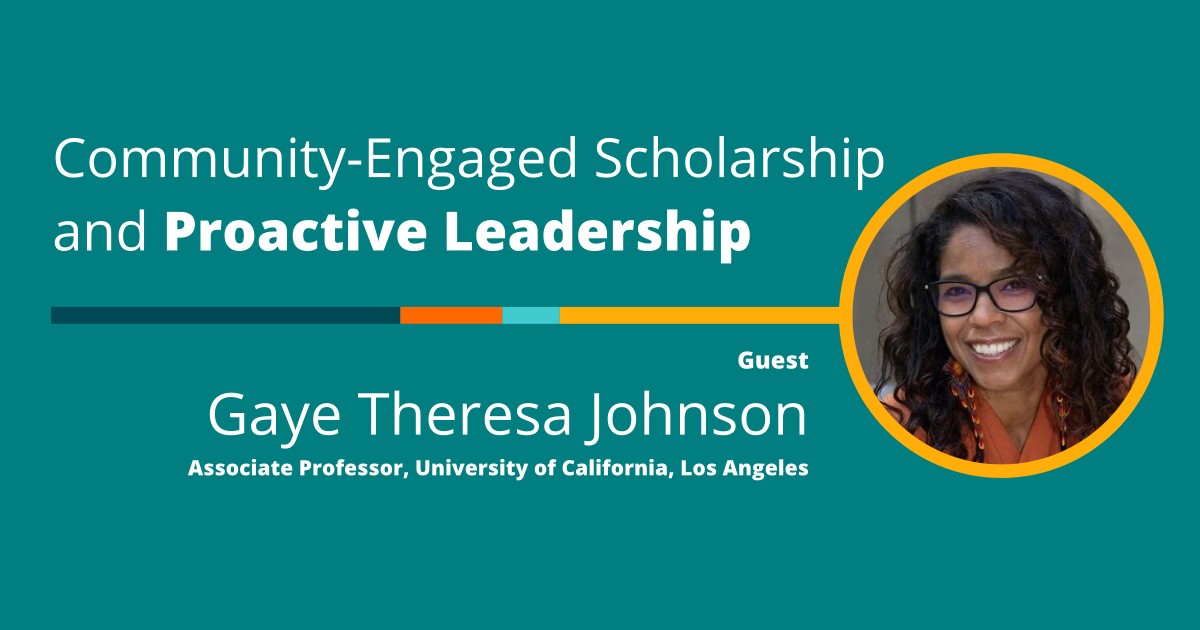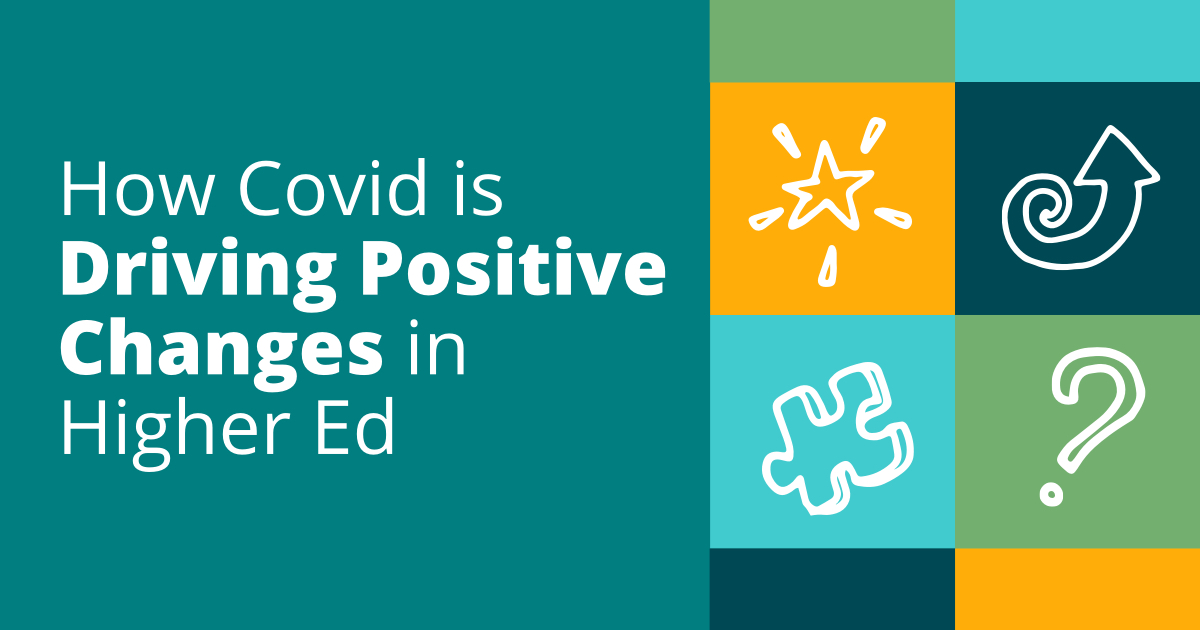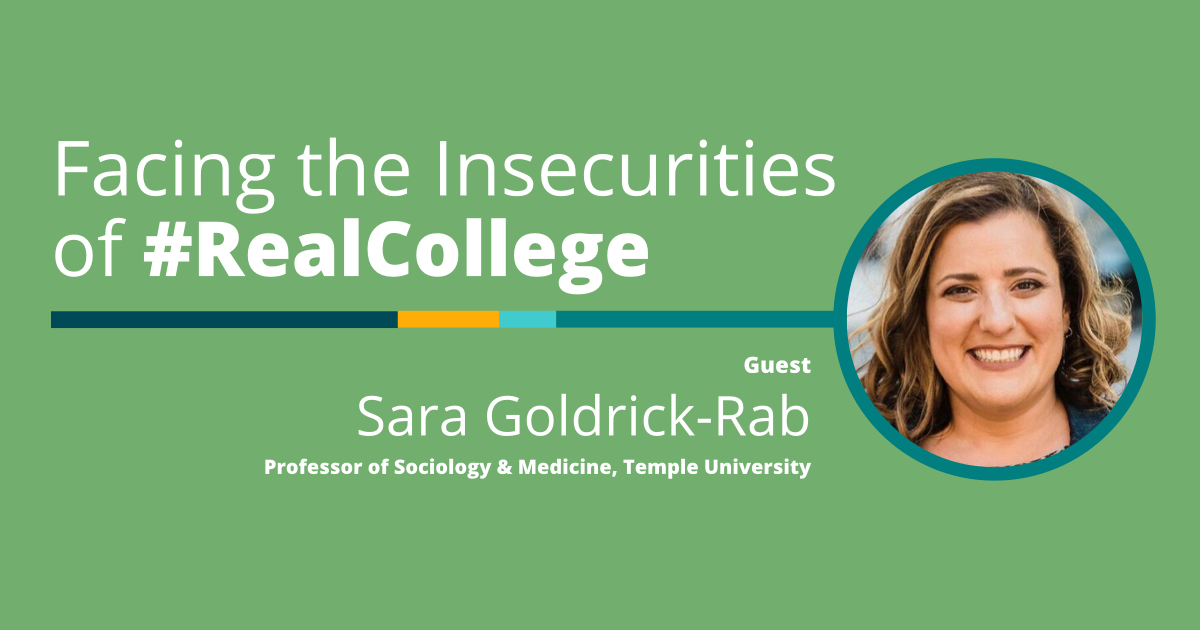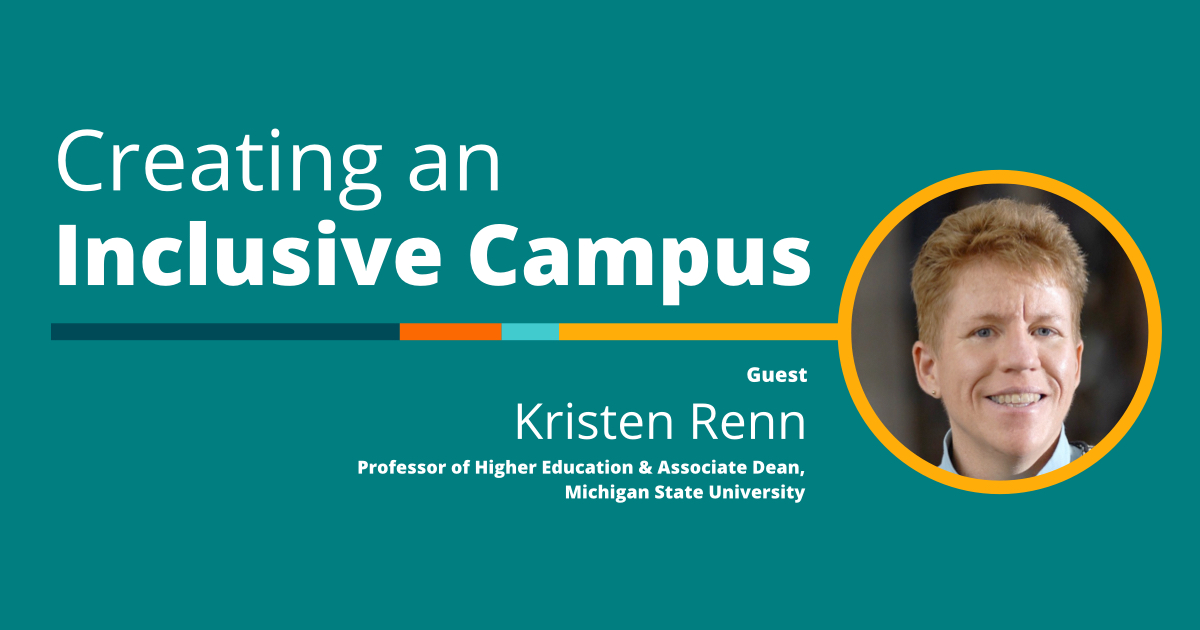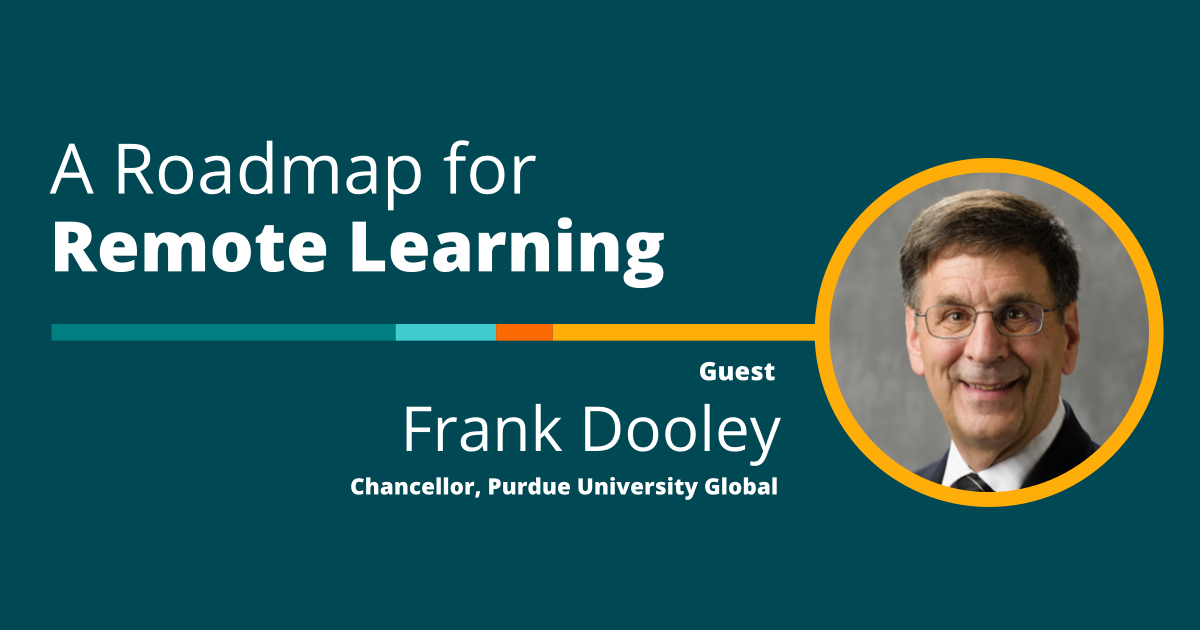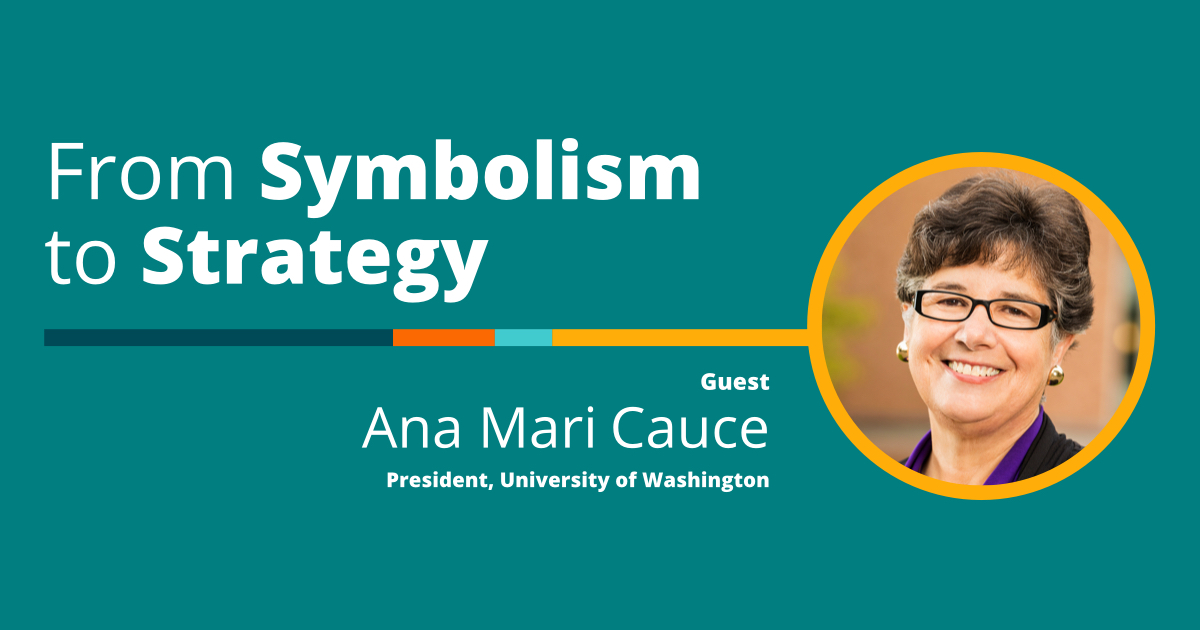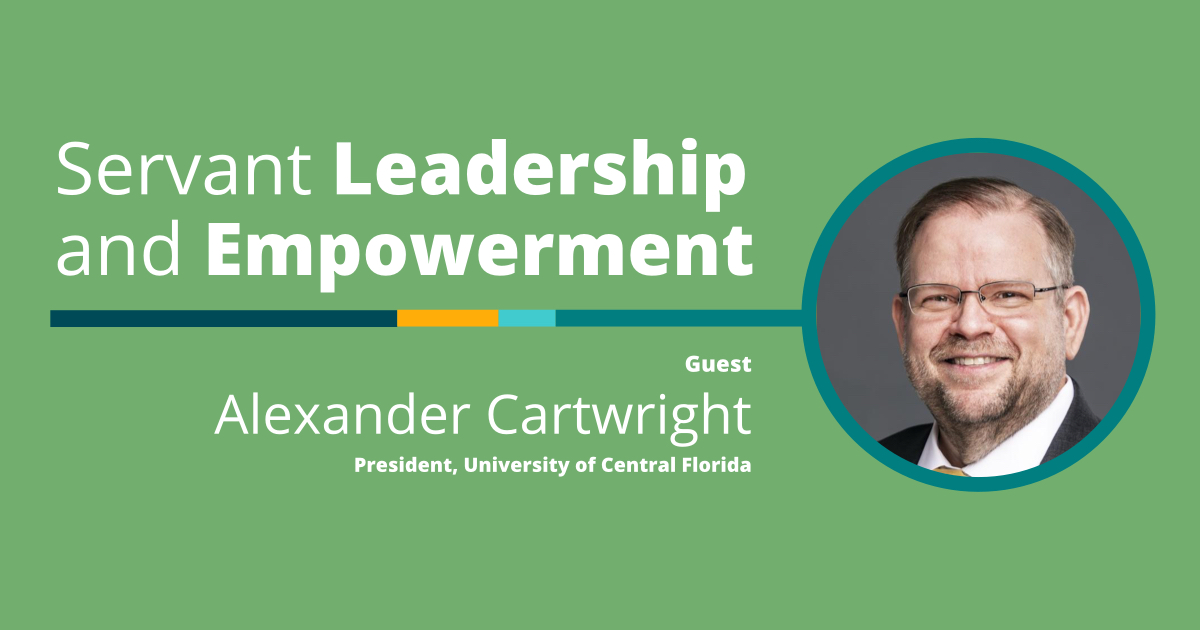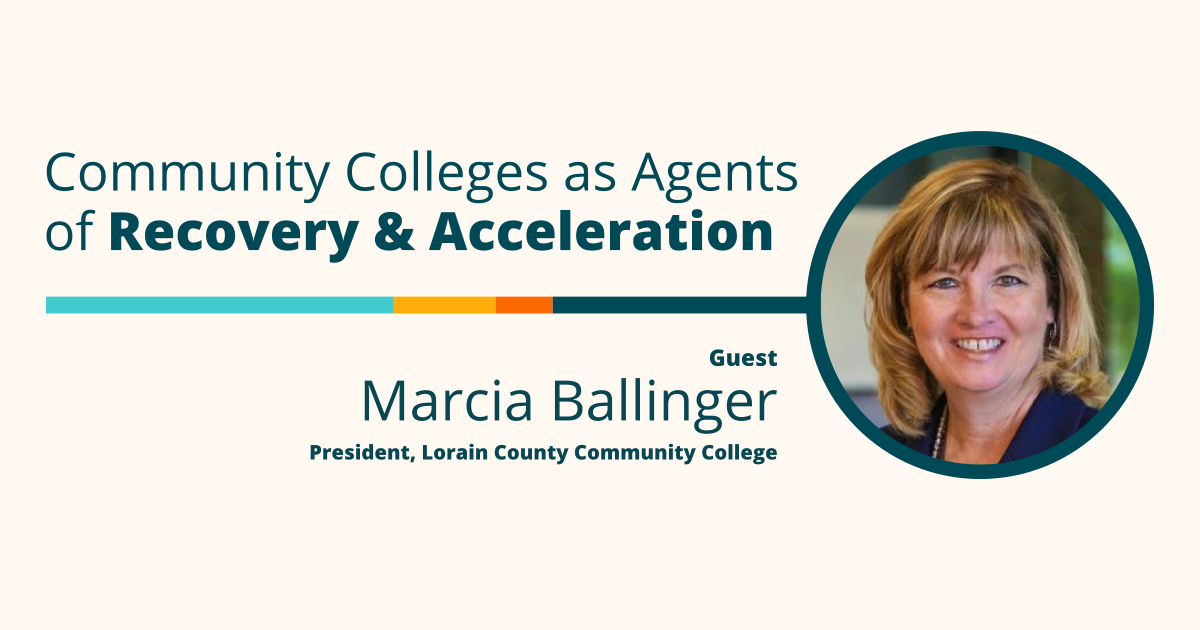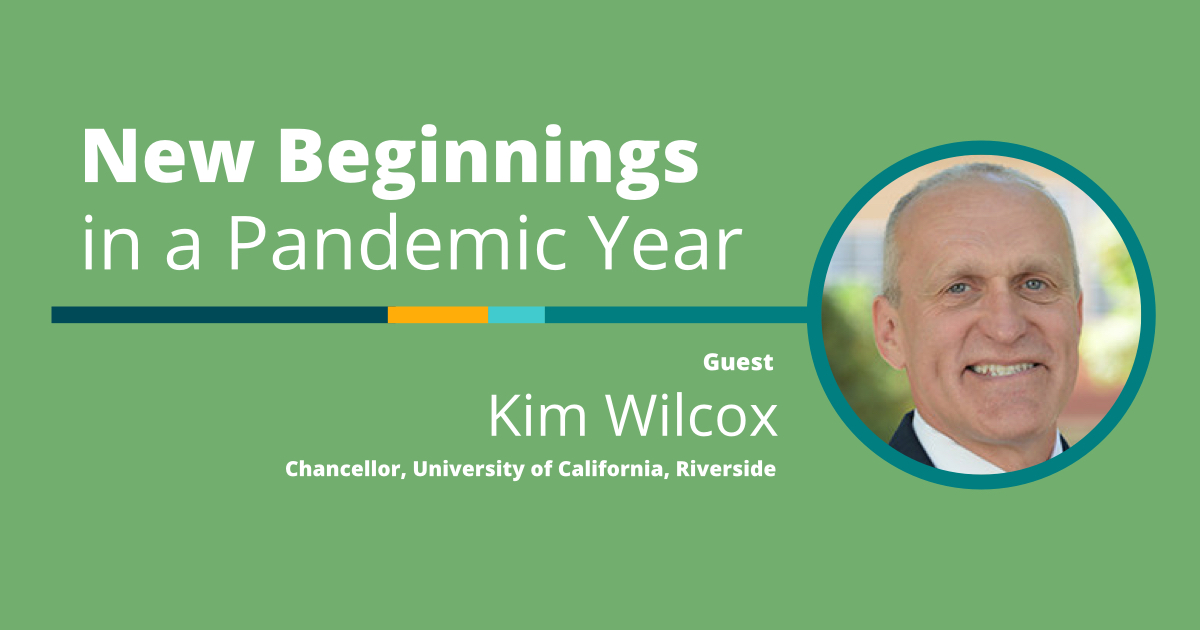Dr. Gaye Theresa Johnson, associate professor at University of California, Los Angeles, talks about community-engaged scholarship, the sensitive interface between institutions and non-academic communities outside the gate, and why proactive leadership is critical in how they engage.
Dr. Bridget Burns, Executive Director of the University Innovation Alliance, reviews the first six months of the Innovating Together Podcast to summarize how the COVID-19 pandemic has driven positive changes for students, administrators, institutions, and communities.
Dr. Sara Goldrick-Rab, professor of sociology and medicine at Temple University and founder of the nonprofit Hope Center for College, Community, and Justice, talks about the prevalence of food and housing insecurity among the higher ed population, and how schools can address these realities.
Dr. Bridget Burns, Executive Director of the University Innovation Alliance, reviews the first six months of the Innovating Together Podcast to summarize the books, videos, self-care practices, and big-picture perspectives that have kept higher ed leaders inspired during the COVID-19 pandemic.
Dr. Kristen Renn, Professor of Higher Education and Associate Dean at Michigan State University, describes how remote learning has challenged LGBTQ students during the COVID-19 pandemic, and how campuses can build a more inclusive climate when students return.
Dr. Frank Dooley, Chancellor of Purdue University Global, discusses the differences – in both administrative practices and student expectations – between traditional brick-and-mortar universities and universities designed specifically for remote learning.
Dr. Ana Mari Cauce, Washington State University President, shares how deep familiarity with her institution and U.W.'s passion for community and innovation are guiding her through the COVID-19 pandemic and the national movement for equity and social justice.
Dr. Alexander Cartwright, University of Central Florida President, shares his experiences of starting a new leadership position during the COVID-19 pandemic, and discusses the principles of servant leadership.
Dr. Marcia Ballinger, Lorain County Community College President, discusses supporting student needs during the COVID-19 pandemic while positioning community colleges to remain agents of regional and national economic recovery in the coming decade.
Dr. Kim Wilcox, Chancellor of the University of California, Riverside, discusses the caution and optimism required for beginning a new academic year during the COVID-19 pandemic.

